Student Blog
What are OS/OT?
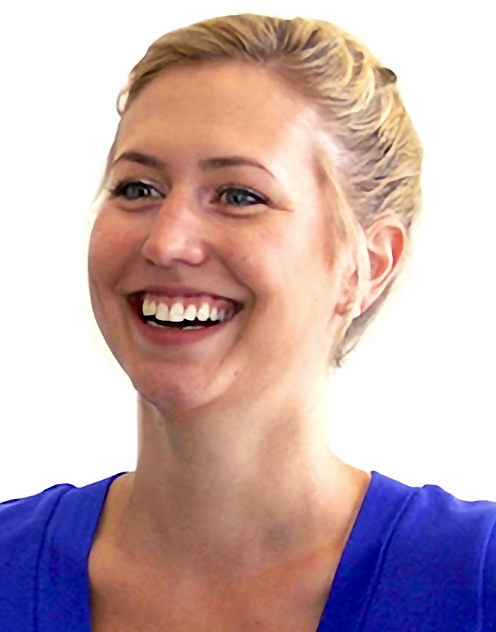
OTs go to war ⟩
October 3, 2012, by Kendra
What are OS/OT?
I’ve been thinking about the roots of occupational therapy lately. In my last post I talked about the Mental Hygiene movement and how OTs helped people with mental illness. Another area of practice critical to our development as a field was helping wound warriors and returning vets get back to life after WWII.
In WWII huge advances were made in rehabilitative care, mainly due to the fact that the nation was not prepared to treat all of the wounded veterans and people had to quickly and creatively develop methods to help our soldiers find jobs and assimilate back into their role as husband, son, and brother. OTs were perfectly placed to use occupation to help veterans returning home.
Flash forward to today and one would think OTs would, yet again, be at the forefront of care for our warriors, but in an information session held for prospective OTs, we had a soldier wanting to become an OT who said than in her two tours of Iraq and Afghanistan she met only one occupational therapist. ONLY ONE!
But we are making baby steps. There is a program offered for wounded warriors in LA in which they deal with PTSD in a supportive community environment via ocean therapy. Guess who started it, a USC OT grad.
And we need more OTs getting in there not just when the soldiers return home but when they return from battle. Think of the amazing work OTs could do with soldiers IN Iraq and IN Afghanistan. We could lead groups for people to explore their war experience while performing a calming occupation like playing an instrument or painting a canvas. OTs could be a part of nation building projects and work with local people to build gardens, homes, and schools. One of my favorite things about occupational therapy is that we can work anywhere with every population, we just have to fill the gap with occupation!
⋯
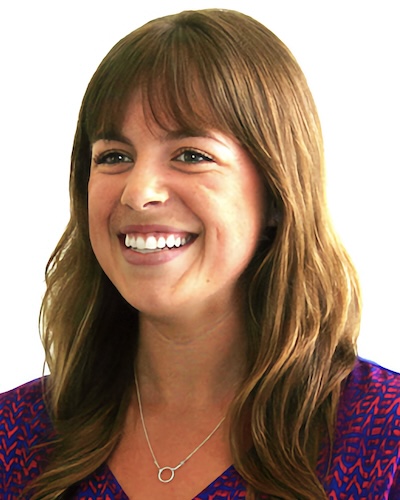
Rancho Los Amigos ⟩
October 1, 2012, by Paula
Classes What are OS/OT?
Last week for our Adult Rehabilitation course, we had the opportunity to visit Rancho Los Amigos National Rehabilitation Center in Downey, CA. Rancho first began serving in rehabilitation services in 1888 and has since been a nationally known and respected facility which leads practice in rehabilitation. Lucky for us, Rancho has been affiliated with USC since 1972 and we are able to fully appreciate this relationship as students of the program here. Rancho provides and excels in rehabilitation services with directed focus on the needs of an individual who has experienced a stroke, brain injury or spinal cord injury, as well as services in pediatric, orthopedic, amputee and outpatient rehabilitation. Beyond these rehabilitation programs, Rancho also provides has many innovative patient programs which promote self-esteem and involvement including art programs, performing arts, wheelchair sports, horseback riding, fashion shows, and many more.
One of the main facilities we had a chance to see was The Center for Applied Rehabilitation Technology (CART). CART began in 1989, and utilized advanced technology to provide assistance to individuals with physical disabilities. This program employs a team of physical, speech, occupational, and recreation therapists and engineers to evaluate and provide assistive technology to clients in order to enable them to lead more independent lives. On our tour, we were able to see different assistive technology from augmentative and alternative communication (AAC) used for individuals with speech impairments to the full Model Home which is completely decked out with modifications and assistive technology to display the true potential of Universal Design. The functional yet subtle changes to the environment which can enable an individual in his or her own home to practice more independence were abundant and being surrounded by it all made me realize that the possibilities truly are endless.
To end the afternoon, we visited the Rancho Driver Evaluation and Training Program which provides clients throughout the age-range who wish to return to driving. The program enables clients through simulation exercises, education and preparation for DMV procedures and also consultation pertaining to vehicle modifications. We were lucky enough to hear from Jay Cramer, an actor, a comedian and a part of the Rancho family. Jay sustained a spinal cord injury while bouldering in 2006 and became a patient at Rancho where he later met his wife. Jay showed us the modifications to his van with his service dog, Goliath, while he shared with us his view of life after his injury saying that he has experienced more now than he ever had before. His attitude, his humor and his enthusiasm for life was so refreshing. I encourage you all to read more about his story!
⋯
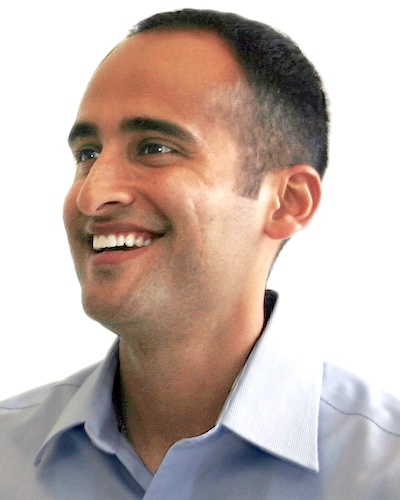
Take a day . . . ⟩
September 27, 2012, by Ricky
Life Hacks School/Life Balance What are OS/OT?
So I was faced with a dilemma yesterday. I woke up feeling under the weather — it seems the cold I had been fending off had started to get the best of me. It was my second day of fieldwork, though; still in the trying-to-make-a-good-impression-phase. What was I to do? I wasn’t full on sick, but my body was pretty beat. I got all did-up and was about to walk out the door, but then I did something that was out of character for me: I went back to bed. After going back-and-forth in my mind, I decided to take a sick day. I reasoned that it was in all parties’ interest if I just stayed away. I think what really did it, though, was how bad I’d feel if I were to get one of the little kids at my clinic sick (even though they might be the ones who introduced the bug to me). I mean, how messed up would it be if I was working really hard in session to help these little guys enjoy more independent and meaningful lives, and then go and give them a cold. Anyhow, I took sick day, and it was GREAT!
Usually, when I take a sick day, I feel like a bum for not going to work and I try to make up for it by running a bunch of errands and/or trying to catch up on school work. I don’t really rest. However, yesterday was different. I thought to myself, “enough!” I told myself that this was the real deal, and that I would treat this as if I was at a resort for nothing more than relaxation and “me-time.” I slept until my body said no more. I meditated. I did yoga (yes, guys do yoga). I limited TV-intake to just 2 Friends episodes for a lil comic relief. I ate right to support my immune system (except for those 2 Chips A’hoy that snuck by). And I still managed to get some errands and school work done, and go to bed at a decent time. Come to think of it, it may have well been the most productive sick day ever — and it was possible because I told myself not to worry, and I put myself and my health needs first. I think it’s like hitting the gym at the end of a long day — you really don’t want to, but end up going and feel better and more alert for doing so. I guess that’s how it goes with all things. You gotta pay attention to what your body’s asking for and maintain a healthy balance.
If any of you feel like your life is hopelessly out of balance, you may want to enlist the help of an OT and fill out an Occupational Questionnaire or Balance Wheel. A neat thing I’ve learned recently in my OT 504 course (Health Promotion and Wellness) is that balance will look different for each of us. What does your occupational day-to-day look like? Do you need to take a day?
⋯
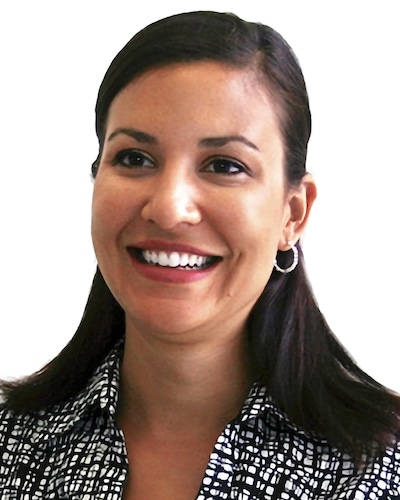
First Day of Fieldwork ⟩
September 24, 2012, by Amber
Fieldwork What are OS/OT?
Last week I began my level one fieldwork experience at Rancho Los Amigos National Rehabilitation Center. Each semester, our courses are focused on a particular practice area of occupational therapy: adult physical rehabilitation, pediatrics, or mental health. To compliment this coursework, we have the opportunity to spend one day per week at a fieldwork site in that practice area. This semester I am in the adult physical rehabilitation immersion, and was lucky enough to be placed at the top rehabilitation hospital in the Western United States. Rancho Los Amigos is situated on a beautiful campus in Downey, and has a long history. In 1888, it was known as the Los Angeles County “Poor Farm.” In the 1950s, it was a respiratory center for polio patients. Today, the hospital helps patients with disabilities regain skills and learn techniques to accomplish basic activities of daily living, and return to work or school if possible.
I was placed in an outpatient unit that specializes in treating people who have sustained spinal cord injuries. My role was to observe an occupational therapist, and potentially do some hands-on interaction with the patients. The first patient of the day was a middle-aged man who had been injured in a fall at work. He used a wheelchair and had extreme weakness in his upper body. It was his third visit with the occupational therapist, and we worked on activities to strengthen his upper extremities. He really pushed himself, and it was wonderful to see the slow progress he was making. Later that day, I got to observe and use the driving rehabilitation equipment, and spend the afternoon in the stroke rehabilitation unit. I am very excited to continue my fieldwork and learning experience at Rancho Los Amigos.
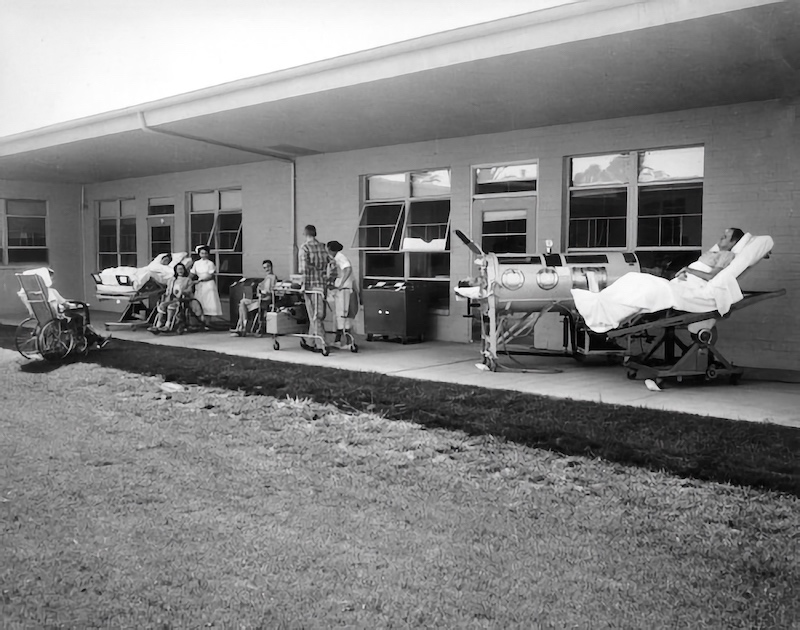
Rancho Los Amigos National Rehabilitation Center
⋯

People Change! ⟩
September 20, 2012, by Ricky
Classes What are OS/OT?
You ever sit around with your girlfriends and talk about that guy who keeps letting you down, and your girls are like, “leave that dud.” But you remain hopeful and say, “he might change, though.” And they all respond in unison, “people don’t change . . . you’re being naïve to think that you can change somebody.” Well, I’ve always believed in giving people the benefit of the doubt . . . and that’s probably contributed to my decision to become an OT, I’m sure. Recently, in my class, Health Promotion and Wellness (OT 504), we’ve been talking a lot about change, and let me tell ya, OTs love them some change. As a matter of fact they’re banking on it. My training in OT (and please note that I am not done being trained) has introduced me to concepts like life-span developmental psychology, where it is argued that biological, cognitive, and psychosocial changes continue throughout the course of life. Much of our work in physical rehabilitation relies on the principle of neuroplasticity, which refers to changes in the brain and nervous system that result from changes in behavior, the environment, and neural processes. So, in conclusion, ladies, don’t be so hard on us guys . . . haha, just being silly. No but really, people change, and I am so excited to be in a program that is providing me with the tools to help support others as they change for the better. Go OT!
⋯





